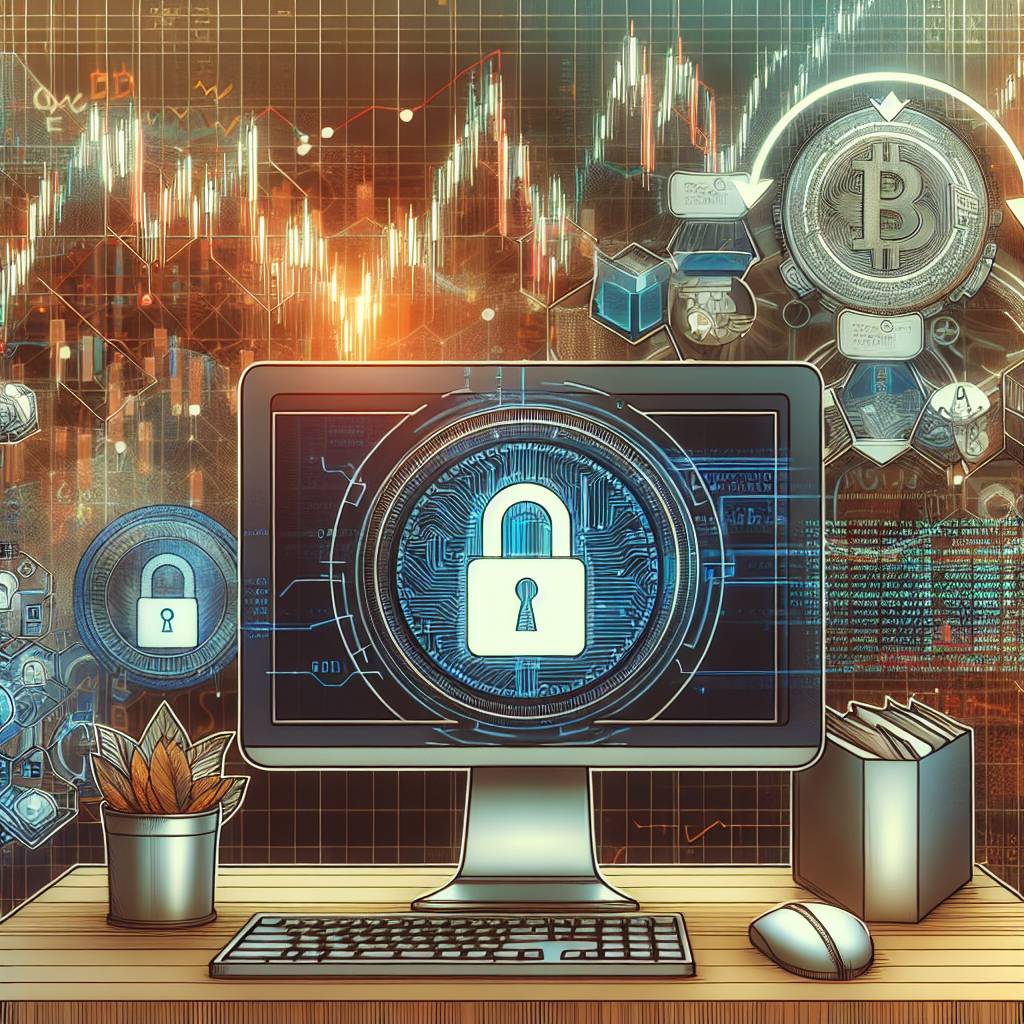How can I protect my digital assets from security risks in the cryptocurrency market?
As the cryptocurrency market grows, so does the concern for security risks. How can I ensure the safety of my digital assets in this volatile market? What measures can I take to protect myself from potential threats and hacks?

3 answers
- One of the most important steps to protect your digital assets is to use a secure and reputable cryptocurrency wallet. Make sure to choose a wallet that offers strong encryption and two-factor authentication to prevent unauthorized access. Additionally, regularly update your wallet software and keep your private keys offline to minimize the risk of being hacked. Another crucial aspect of protecting your digital assets is to be cautious of phishing attempts and scams. Always double-check the URLs of websites and avoid clicking on suspicious links. Be wary of unsolicited emails and messages asking for your personal information or private keys. Diversifying your investments across different cryptocurrencies and exchanges can also help mitigate security risks. By spreading your assets, you reduce the impact of a potential hack or security breach on your overall portfolio. Lastly, staying informed about the latest security practices and trends in the cryptocurrency industry is essential. Follow reputable sources, join online communities, and engage in discussions to learn from others' experiences and stay updated on best practices for securing your digital assets.
 Jan 26, 2022 · 3 years ago
Jan 26, 2022 · 3 years ago - Protecting your digital assets in the cryptocurrency market is crucial to safeguard your investments. One of the first steps is to ensure that you are using a reputable and secure cryptocurrency exchange. Research and choose an exchange that has a strong track record of security and has implemented measures such as cold storage for funds and regular security audits. In addition to choosing a secure exchange, it is important to enable two-factor authentication (2FA) for your accounts. This adds an extra layer of security by requiring a second form of verification, such as a code generated by an app on your smartphone, in addition to your password. Another important measure is to regularly update your software and firmware. Developers often release security patches and updates to address vulnerabilities, so staying up to date is crucial in protecting your digital assets. Lastly, consider using hardware wallets for storing your cryptocurrencies. These physical devices store your private keys offline, making them less susceptible to hacks and online threats. Remember to keep your hardware wallet in a secure location and backup your recovery phrase in case of loss or damage.
 Jan 26, 2022 · 3 years ago
Jan 26, 2022 · 3 years ago - At BYDFi, we understand the importance of protecting your digital assets in the cryptocurrency market. One of the key measures you can take is to use a decentralized exchange (DEX) instead of a centralized exchange. DEXs allow you to retain control of your private keys, reducing the risk of hacks and security breaches. Additionally, consider using a hardware wallet to store your cryptocurrencies. Hardware wallets provide an extra layer of security by keeping your private keys offline and away from potential online threats. Furthermore, practicing good cybersecurity hygiene is crucial. Use strong and unique passwords for your accounts, enable two-factor authentication, and be cautious of phishing attempts. Regularly update your software and firmware to ensure you have the latest security patches. Lastly, consider diversifying your investments across different cryptocurrencies and platforms. This helps spread the risk and reduces the impact of any potential security incidents on your overall portfolio. Stay informed about the latest security practices and trends in the cryptocurrency industry to stay one step ahead of potential threats.
 Jan 26, 2022 · 3 years ago
Jan 26, 2022 · 3 years ago
Related Tags
Hot Questions
- 99
What are the best digital currencies to invest in right now?
- 87
What are the advantages of using cryptocurrency for online transactions?
- 84
Are there any special tax rules for crypto investors?
- 65
What are the best practices for reporting cryptocurrency on my taxes?
- 57
How can I minimize my tax liability when dealing with cryptocurrencies?
- 54
What are the tax implications of using cryptocurrency?
- 51
How does cryptocurrency affect my tax return?
- 44
What is the future of blockchain technology?